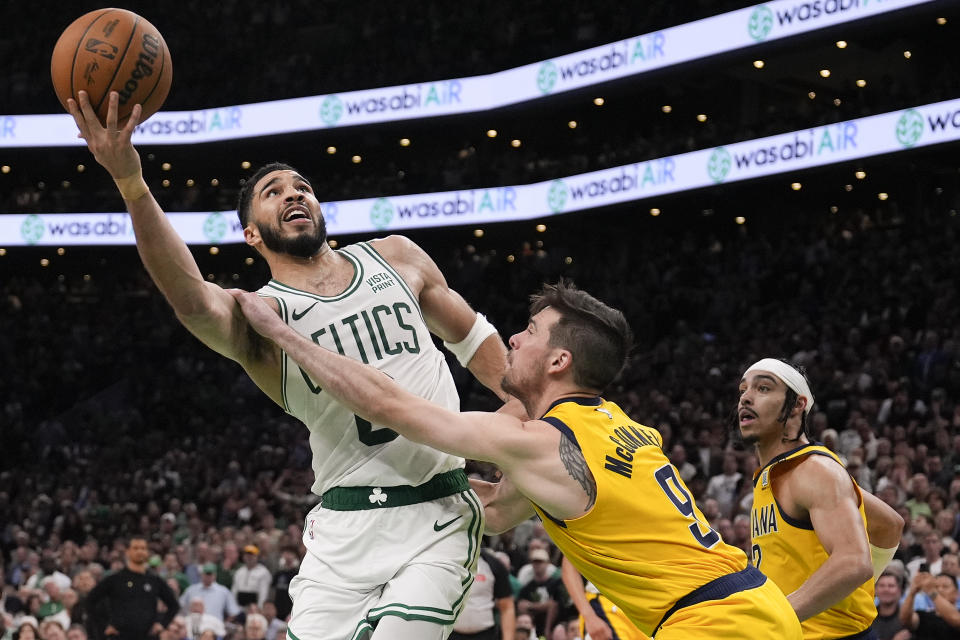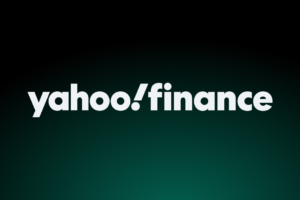Let’s say you want to watch the entire upcoming NFL season. You’ll need to subscribe to quite a few platforms to even come close.
For starters, you’ll need access to traditional broadcast channels carrying Fox (FOXA), CBS (PARA), and NBC (CMCSA), as well as cable for ESPN (DIS). You’ll also need to subscribe to over-the-top streaming services including Netflix (NFLX), NBCUniversal’s Peacock, Disney’s ESPN+, and Amazon Prime Video (AMZN).
And if you want to watch games not airing in your local area? Google’s YouTube TV (GOOG, GOOGL) has the exclusive rights to NFL Sunday Ticket, which makes out-of-market games available to fans nationwide.
The NFL season is just one example of how fragmented the sports landscape has become as legacy media players and more recently tech giants compete for pricey media rights deals. The reason: Sports content is highly desired by media companies looking to gain access to massive audiences of loyal viewers. That allows sports leagues to bid up the price of rights in negotiations.
“The sports leagues are just taking advantage and trying to get as much as they can,” Jon Christian, head of digital media supply chain at media consulting company Qvest, told Yahoo Finance. “They do not want to do just an exclusive deal with one partner. They want to have the diversification.”
The MLB has national television contracts with broadcasters including ESPN, Fox, and TBS (WBD). Connected TV platform Roku (ROKU) recently acquired the rights to “Sunday Leadoff,” which broadcasts MLB games primarily held on Sunday afternoons.
Meanwhile, the NBA is in deep negotiations for its next media rights package that could fetch up to $75 billion.
The league’s current contract with Warner Bros.’ TNT Network and Disney’s ESPN expires at the end of next season, although rumors have swirled WBD could lose the media rights to NBCUniversal. Amazon is also in talks for an exclusive streaming deal through Prime Video.
Even college sports have seen increased fragmentation. Just this past week, Warner Bros. secured a handful of College Football Playoff games in a five-year deal with ESPN.
‘War of eyeballs’
The competitive land grab for sports is not all that different from years past. What’s changed is the players.
Various networks within the cable bundle frequently fought over the rights to air certain games, as it helped boost viewership as well as affiliate fees, or fees pay-TV providers give network owners to carry their channels.
The introduction of streaming massively altered the playing field. Not to mention the deep pockets of Big Tech.
“What we have now is still that old model plus this new model, so the fragmentation looks much more severe,” Christian said, describing the current media landscape as a “war of eyeballs.” Additionally, “there is a lot more revenue to be had in terms of rights because you can separate rights between traditional linear broadcast versus digital and get even more money in that way.”
To that point, the industry has seen more à la carte deals with streamers amid the leagues’ push for diversification.
Netflix, for instance, will host two Christmas Day NFL games this year as part of a three-season deal with the league. The streamer reportedly coughed up about $75 million per game, according to the Wall Street Journal.
Similarly, Peacock will host one exclusive in-season game after it aired an exclusive wild card playoff game this past season. The platform, which paid a reported $110 million for the rights to the playoff game, saw a significant lift in subscribers as a result.
On the surface, the moves seem like a win-win for both streamers and sports leagues.
But the experience might not be so great for consumers. The fragmentation means more money, more subscriptions, and more confusion over when, where, and how to watch.
Amid the chaos, certain leagues have approached media rights differently. Major League Soccer, for example, strategically consolidated all of its rights in order to land an exclusive, one-package deal with Apple (AAPL) in 2022.
There’s also been a rise in streaming bundles as media companies look to consolidate costs, reduce churn, and tilt the power away from Big Tech.
“These platforms are trying to break down the barriers of use [but] it’s not necessarily one bill you’re paying,” Christian said. “This is where users are going to get frustrated. But if you’re a fan of a team or sport, you’re going to figure out a way to get it.”
Alexandra Canal is a Senior Reporter at Yahoo Finance. Follow her on X @allie_canal, LinkedIn, and email her at [email protected].
Read the latest financial and business news from Yahoo Finance











